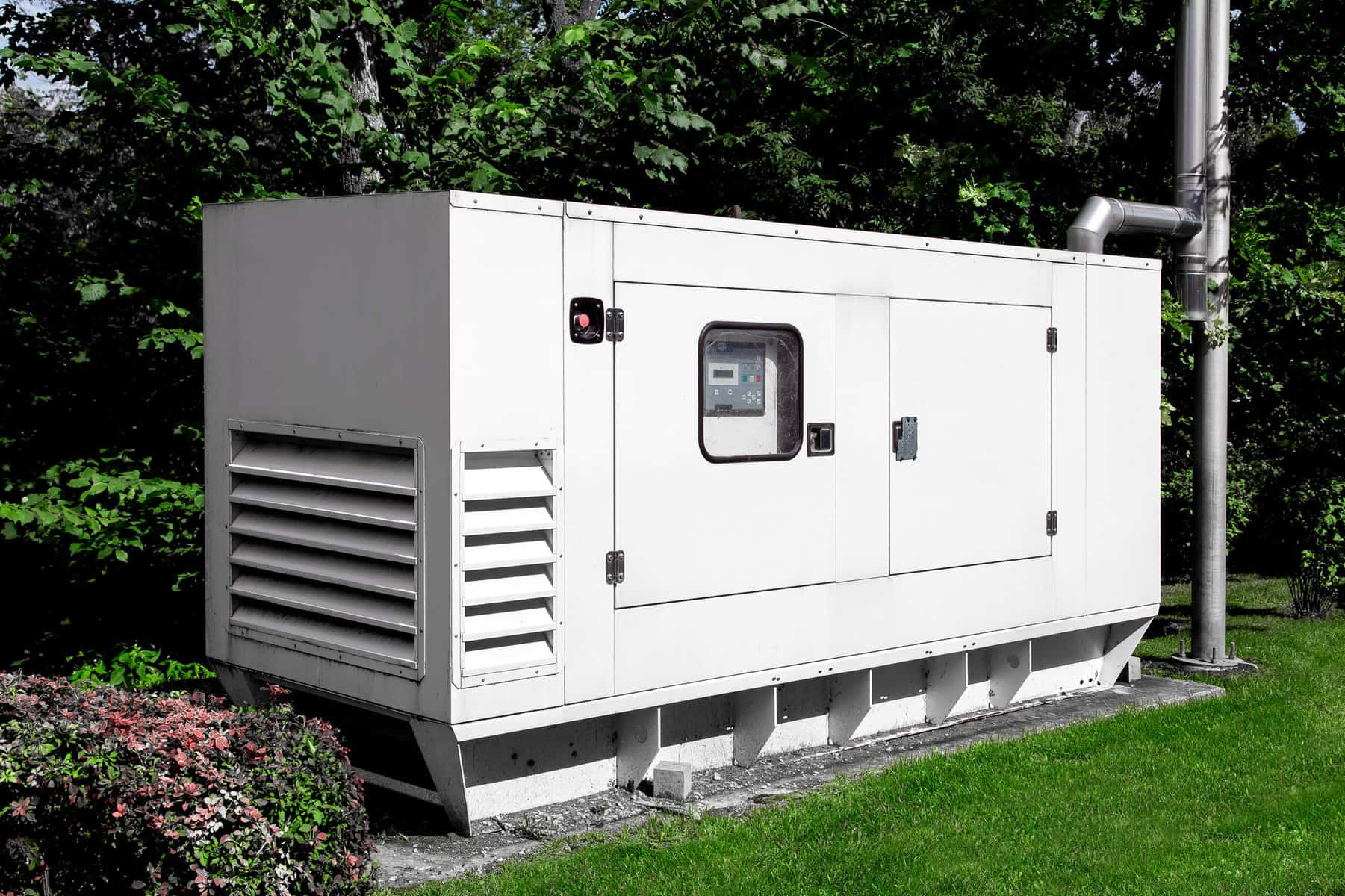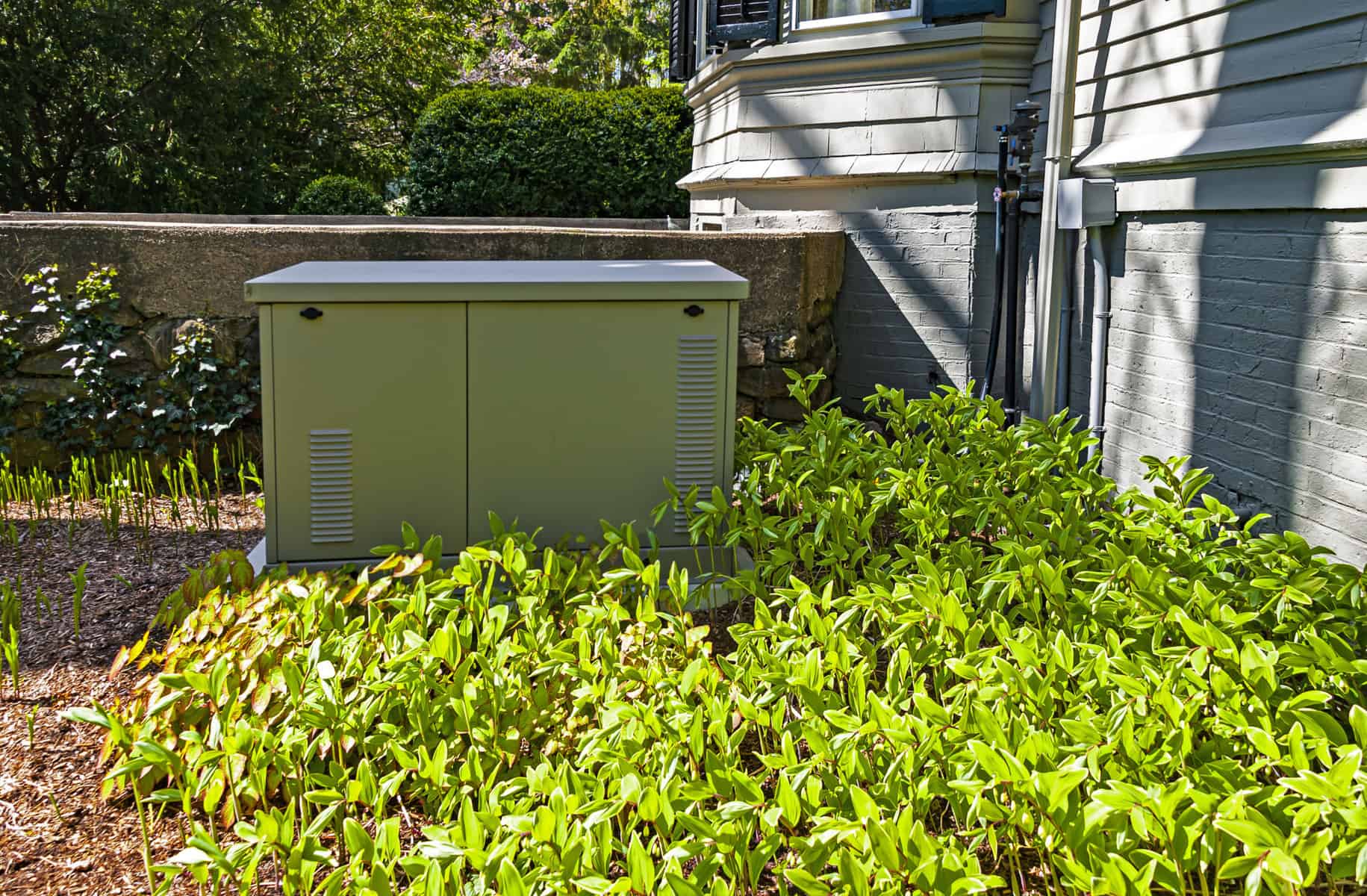Generators have always been an excellent investment choice for all types of businesses. They may be a bit on the expensive side, but the money you can save that you’d otherwise lose due to power outages and other disruptive issues is far higher than both the maintenance and initial costs combined. For that reason, experts advise business owners to purchase a generator.
However, keep in mind that there are different types of generators, such as inverter, diesel, whole house, and portable solar generator, and each of which has varying specifications and cost. Therefore, it can be confusing as to which type you should go for. But seeing as how you intend to use it solely for business operations, the ideal type would be standby generators.

What is a standby generator?
A standby generator functions very much like any other generator––it serves as a backup power source in case of outages. However, as the name suggests, it’s stationary, meaning you can’t take it anywhere else, as opposed to portable generators which you can carry with you. In other words, standby generators are permanently attached to a specific location.
Standby generator vs. portable generator
While their functionality is essentially the same, there are several differences between these two types of generators, particularly their specifications. For one, a standby generator can typically last longer than portable generators. More specifically, standby generators can run up to 500 hours continuously, while portable generators are designed to run in increments of 6 to 18 hours.
Furthermore, a standby generator requires a concrete pad that would serve as a foundation for the device. And lastly, standby generators are outfitted for an automatic transfer switch (ATS). An ATS is a component that can detect power outages and instantaneously turn on the generator without any input, which means you no longer have to instruct your staff on how to manage the machine.
Why should you get a standby generator?
-
Minimize potential downtime costs
Large companies lose millions of dollars every hour of downtime. While the average downtime cost may vary widely depending on the industry and company size, it’s a universal truth that power outages typically cost electricity-reliant businesses money. Not only will it halt business operations almost completely, but power outages may also lead to further issues that cost you money.
For example, when a computer shuts down without the proper procedure, it can potentially damage a component. This means you may be forced to buy another computer or at least spend money to fix the existing one simply because of an outage. This is one of the main perks of having a generator. You can avoid these unnecessary expenses.
-
Maintain safety on the premises
If you’ve ever watched any disaster movie, you should know the risks of being in a building with its electricity suddenly cut off. It’s difficult to find a place where you can remain safe.
Additionally, here are some examples of ways power outages can compromise the safety of your facility:
- Your security systems that would normally protect against unauthorized access are now dysfunctional, hence external threats can very easily infiltrate the facility.
- Your employees may be stuck in elevators or rooms with electronic doors and locks.
- The loss of lighting in a specific area maximizes the possibility of slips, trips, and falls.
- When electricity gets back up, employees near electronics and other systems utilizing electricity may suffer from electrocution due to the sudden power surge.
Having a generator on standby can keep your employees safe from potential accidents.
-
Keep your employees comfortable
You should know very well that power outages are a massive pain, not only because you lose money as a consequence, but also because it compromises your and your employees’ comfort. After all, you can’t use electronics, gain access to Wi-Fi, or cool down with the air conditioner.
Granted, you’re by no means required to keep your employees comfortable during a power outage, but you should expect a massive decline in productivity even after electricity gets back up.
-
Display your reliability to customers
One of the main benefits of standby generators that business owners often overlook is the fact that it sets your company as a reliable establishment. This can be particularly handy if your business is the only one or one of the few establishments with a generator. You can essentially advertise your business for free every time a power outage occurs since your business would stand out.
In fact, many experts think of power outages as a blessing in disguise. Suppose you’re an internet café, and there’s a power outage. People who normally have computers at home would opt to find a functional café now that it’s their only option. In short, generators demonstrate your reliability and set you apart from the competition.

-
Prevent possible data loss
As stated earlier, when a computer suddenly shuts down, it’s most likely going to damage the device. It may not be enough to completely render it useless, but it can affect your files.
For example, if an employee is currently working on a financial report, a sudden loss of power may also mean a loss of that particular file. This essentially means their productivity didn’t lead to any gain for your business. Data loss can be particularly detrimental to businesses that rely heavily on digital files. And keep in mind that that’s not the only possible scenario, either.
In the case of a power outage, the security system placed on your digital system may also be compromised by hackers, which, again, may lead to the loss of confidential data.
-
Avoid the spoilage of goods
If your business handles perishable goods, a power outage can be disastrous to your company since freezers will be rendered debilitated. This means goods like ice cream and other foods and beverages will be spoiled by the time electricity is back up. The same goes for medical supplies like vaccines that require an extremely low temperature to remain potent. Often, you may be forced to throw away these items as they’re no longer suitable for consumption.
Final words
While it does have several benefits to a business, you must remember that a standby generator is not a one-size-fits-all solution. It may work for others, but not for you. That’s precisely why it’s often advisable to first assess your business needs before making a financial decision. And this is particularly true in the case of buying a generator, especially since it’s pretty expensive.